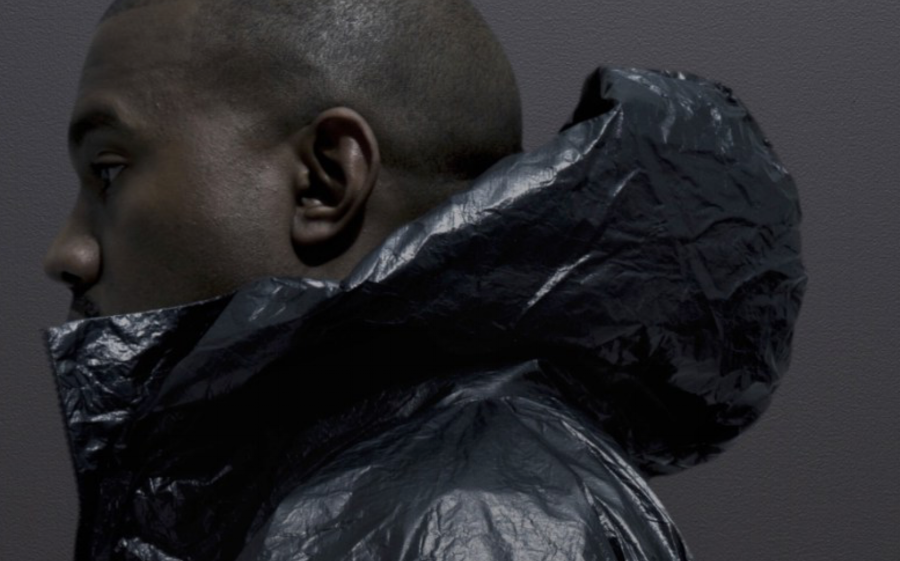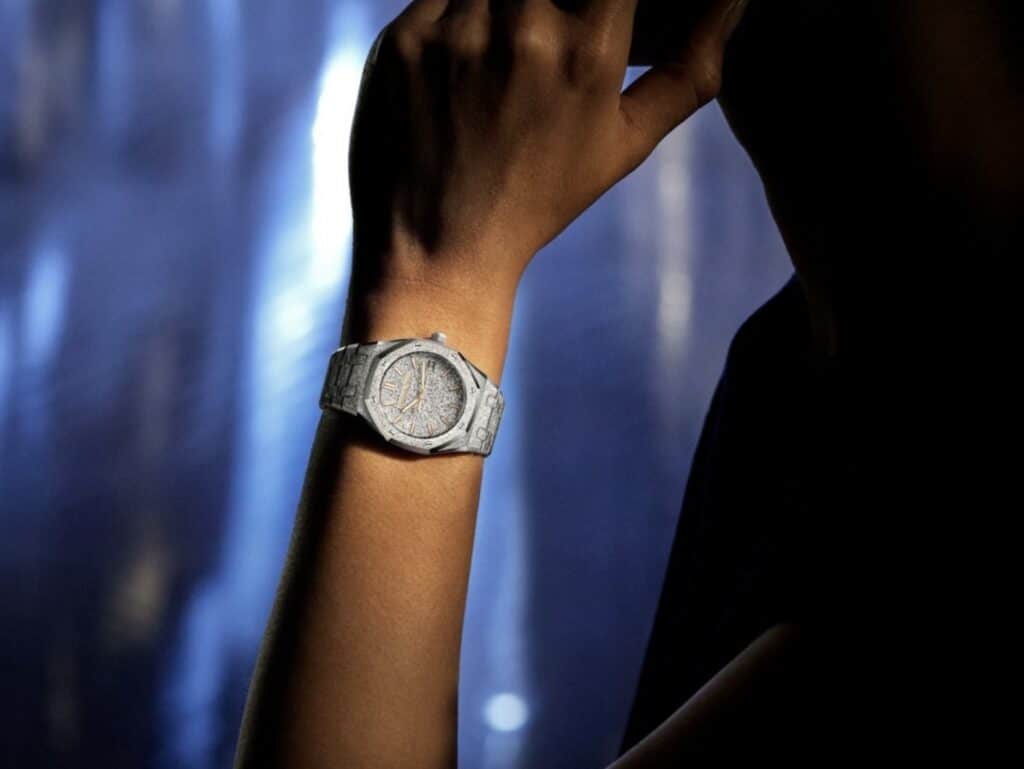Christian Dior found itself in a significantly problematic position in early 2011. John Galliano, the well-known creative director for the Paris-based maker of couture (and saddle bags) got wasted at a cafe in the City of Lights, ranted rather glowingly about Hitler and was captured on video all the while. The brand dropped the since-rehabilitated Galliano for his behavior and then was forced into an ugly (and rather lengthy) bout of litigation, as the designer had signed a contract with Dior and alleged that he had been wrongfully terminated.
The story of Galliano’s brand-tarnishing outing has been re-enacted, so to speak, in the wake. Dior brand ambassador Johnny Depp brought bad press to the brand in the summer of 2016 after his then-wife, Amber Heard, came forward with domestic abuse allegations against him. (Dior opted not to cut ties with Depp). YouTube star Logan Paul proved problematic last year when he posted a video of a suicide victim to his page of young followers, while Kanye West came under fire for a string of tweets, including one about slavery being a “choice.”
Meanwhile, The Bachelor franchise has found itself in hot water on more than one occasion for failing to adequately vet its contestants, thereby resulting in the resurfacing of damning social media posts that “began to chip away at that carefully constructed fantasy” that the shows put forth for their viewers. That is what an ill-worded tweet, or worse, a string of tweets, can do.
Yes, these instances – whether it be claims of assault or offensive social media messaging – stand to severely tarnish the reputations (and the marketability) of the individuals directly implicated, but also, they shine an inherently unflattering light on the third-party brands with which they are associated. And by “unflattering light,” I mean the potential for tremendous damage that bears with it very real dollar figures by way of reputational damage, lost sales, viewers, advertisers, etc.
This potential for controversy is multiplied almost exponentially thanks to the rise of social media and the ease with which the past can be unearthed and shared.
In light of what The Ringer’s Alyssa Bereznak calls “this field of land mines,” speaking specifically to the trove of prospective complications lurking on individuals social media accounts, if they are not properly vetted, smart companies are looking to beef up the contracts they have with their talent, going beyond the run-of-the-mill morals clauses that enable them to cut ties with poorly behaved ambassadors.
In the past, most contracts placed little emphasis on the role of social media, but this has drastically changed. As Fernando M. Pinguelo and Timothy D. Cedrone wrote in their article, Morals? Who Cares About Morals?, “The proliferation of new forms of media, which has greatly increased the speed with which information is disseminated to the public, [means that] talented individuals are now significantly more scrutinized than they have been in the past.”
This means that while many contracts contain provisions that actively encourage – or in some cases, require – famous names to utilize social media in favor of the brand (or television show, movie, etc.), they also come with specific guidelines, which, if breached, enable the company to terminate the contract altogether with a lessened amount of risk of litigation on behalf of the individual being nixed. ABC, for instance, is said to outline an array of prohibited practices in terms of social media usage, including “not making disparaging remarks about the show.”
Such limiting provisions can, of course, give rise to complications of their own, including concerns about controlling free expression and individual autonomy, but that is another matter entirely – one that will almost certainly sort itself out in the not-too-distant future given the pervasiveness of the new-and-improved(?) morals provisions and their widespread applicability.











